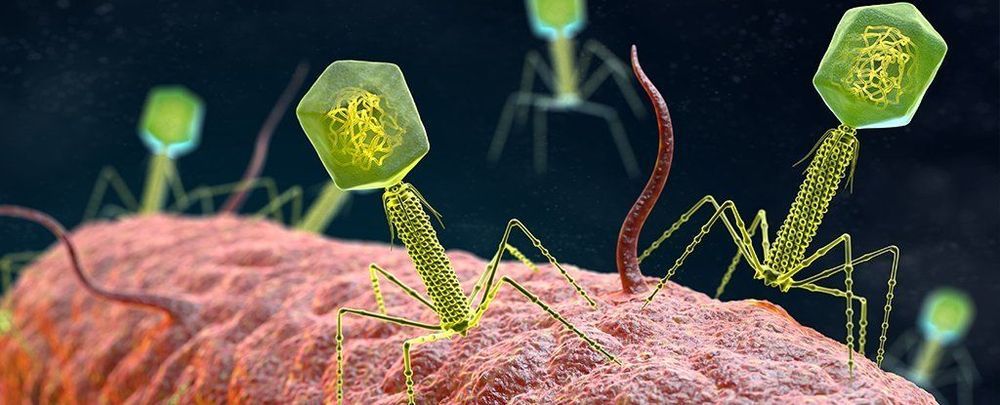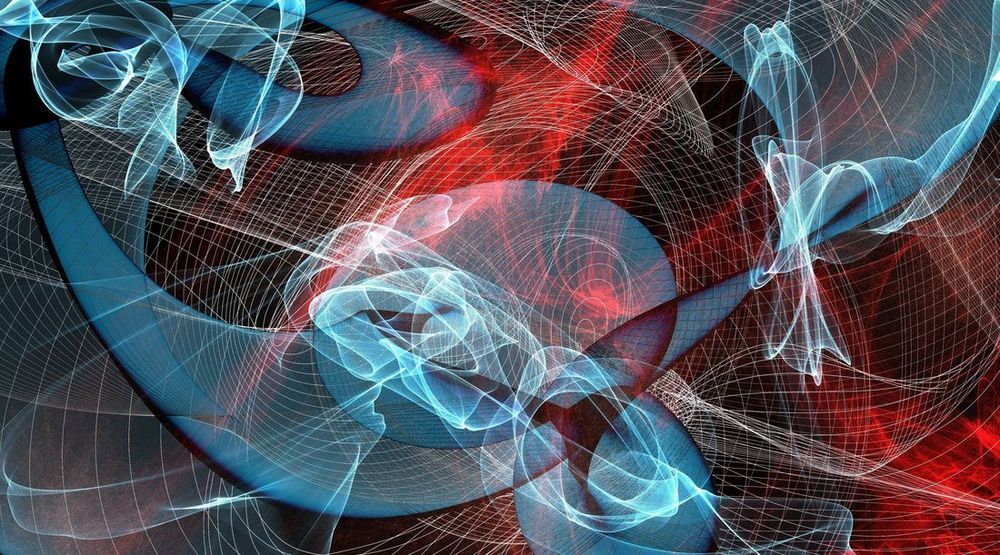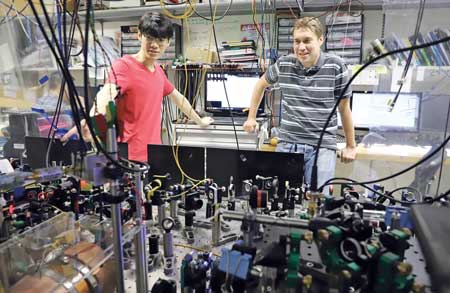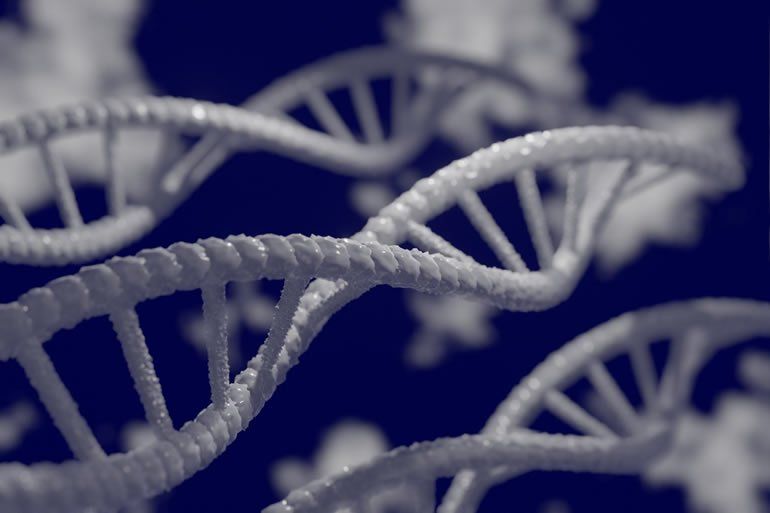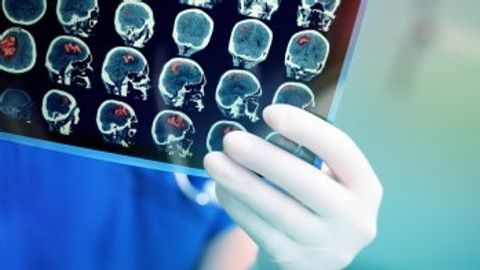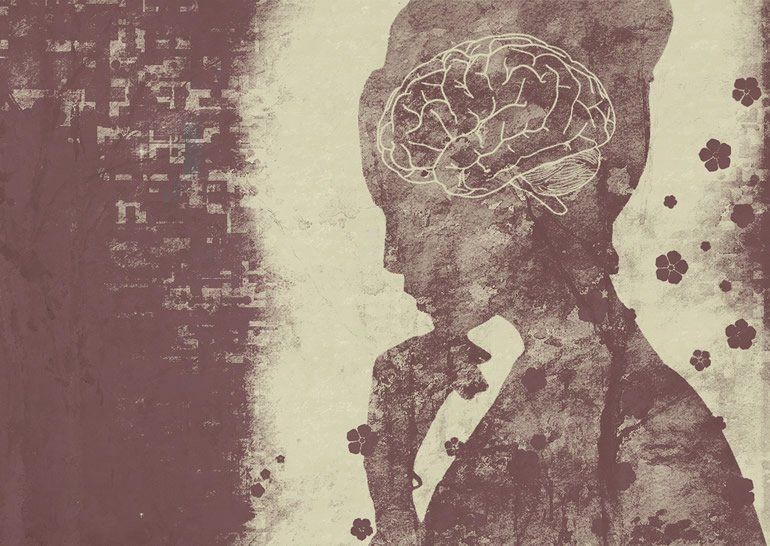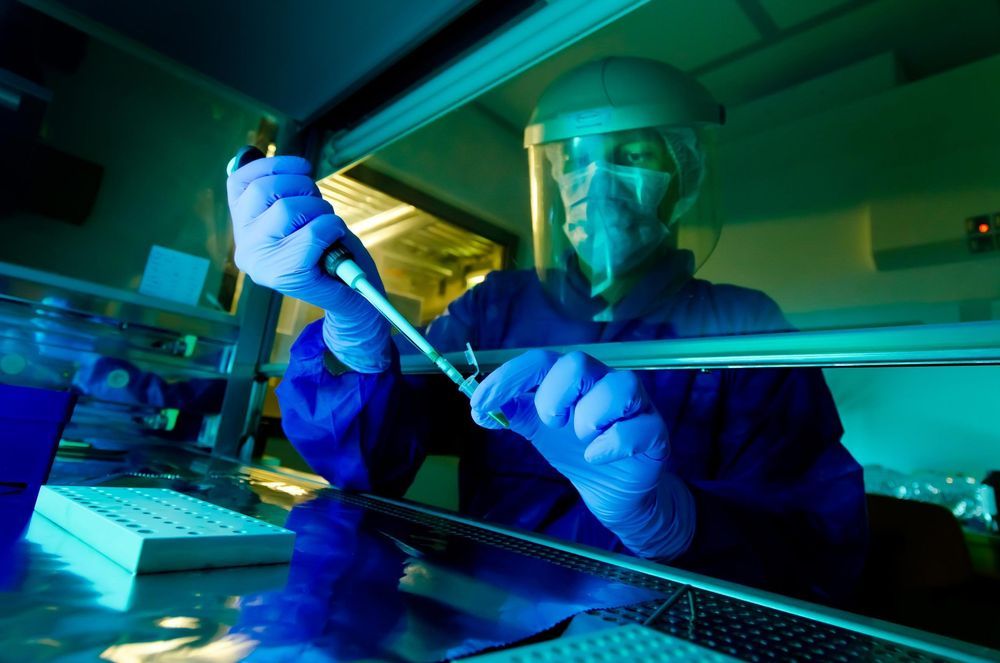
Neanderthals have adopted male sex chromosome from modern humans.
In 1997, the very first Neanderthal DNA sequence — just a small part of the mitochondrial genome — was determined from an individual discovered in the Neander Valley, Germany, in 1856. Since then, improvements in molecular techniques have enabled scientists at the Max Planck Institute for Evolutionary Anthropology to determine high quality sequences of the autosomal genomes of several Neanderthals, and led to the discovery of an entirely new group of extinct humans, the Denisovans, who were relatives of the Neanderthals in Asia.
However, because all specimens well-preserved enough to yield sufficient amounts of DNA have been from female individuals, comprehensive studies of the Y chromosomes of Neanderthals and Denisovans have not yet been possible. Unlike the rest of the autosomal genome, which represents a rich tapestry of thousands of genealogies of any individual’s ancestors, Y chromosomes have a peculiar mode of inheritance — they are passed exclusively from father to son. Y chromosomes, and also the maternally-inherited mitochondrial DNA, have been extremely valuable for studying human history.
